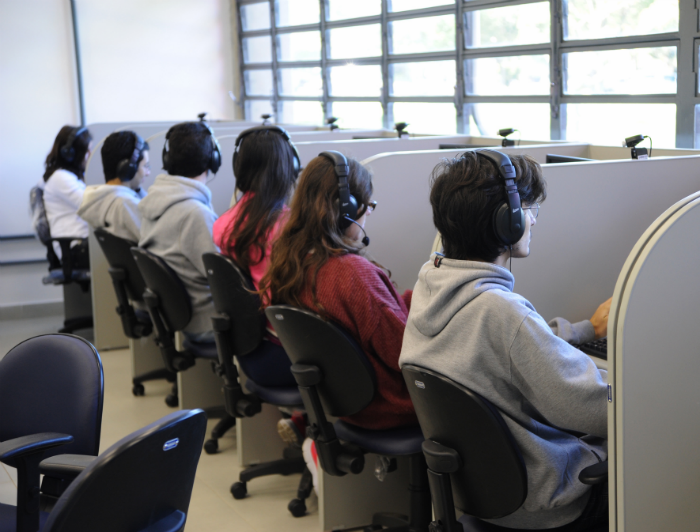
Private corporations and public-private partnerships contribute significantly to development results and impact, often mobilizing capital resources that surpass the investments made by international donors. Recognizing the private sector’s role for sustainable development, in 2006, the U.S. Embassy in Brazil and USAID, brought together 30 U.S. corporations to form Mais Unidos Group (also known as +Unidos). Mais Unidos serves as a unique public-private partnership mechanism to align company interests with developmental goals and obtain greater project impact. The Group is currently comprised of approximately 100 U.S. participant companies, including 3M, Bank of America, Burson-Marsteller, Coca-Cola, Cummins, Dow, GE, Intel, International Paper, KPMG, Microsoft, Motorola Solutions, PayPal and Qualcomm.
Mais Unidos has a social investment fund, managed by the group's steering committee and a non-profit partner institution, through which U.S. companies can make collective financial investments in socioeconomic and environmental projects. That, allows the companies to achieve economies of scale, shared costs, reduced risks, and greater return on investments project impact. While USAID does not provide U.S. foreign assistance funds to Mais Unidos, it supports the group with strategic advice, technical assistance, and development expertise.
USAID was instrumental in leading the creation of Mais Unidos programs to address intractable development challenges in priority areas, such as education (including science scholarships for young women), biodiversity conservation, and employment creation. A few examples follow here:
Education:
In 2013, Mais Unidos and USAID entered into a strategic partnership with Brazil’s Ministry of Education (MEC) to support their “English without Borders” program. Through this partnership, Mais Unidos funds the development and installation of cutting edge, interactive language laboratories at Brazilian Federal Universities to enhance English language skills of undergraduate students.
As of 2016, five laboratories at University of Brasília (UnB in the Federal District), Federal University of Rio de Janeiro (UFRJ), Federal University of Pelotas, in Rio Grande do Sul State, Federal University of Pernambuco, in Recife, and Federal University of São Carlos, in São Paulo State. These laboratories have contributed to improve the English proficiency of 16.000 students.
Mais Unidos’ plans for 2017 include the installation of six new language laboratories at the Federal Universities of Amazonas, Pará, Mato Grosso, Ceará, Santa Catarina and Rio Grande do Sul, which will provide English training to approximately 110.000 students by 2018.
Mais Unidos’ and MEC’s goal is to help teach professional level English to 1 Million Brazilian students over the next 10 years, helping to improve Brazilian competitiveness through workforce development. That underscores the commitment of American companies to work together with the government of the United States and Brazil to improve education and promote broad-based and inclusive English learning opportunities for Brazilians.
Environment:
Natura: In partnership with the Brazilian cosmetics firm Natura, USAID implements the “Sustainable Palm Oil” project, which introduced the production of organic palm oil using degraded lands, such as old pasture, fruit garden, and recovered forest (also known as capoeira in Portuguese). The “Sustainable Palm Oil” project has the ambitious goal to become the largest reference for research in sustainable Palm oil in the world. Preliminary research results demonstrated that the agroforestry system used in initial test plots stores more carbon, produces more Palm oil per palm tree and, in turn, substantially increases revenue from intercropped species (Cocoa, Açaí berry, Passion Fruit and Andiroba), compared to traditional monoculture Palm oil production.
In 2016, USAID/Brazil began building on the model and successes of Mais Unidos to stimulate public-private partnerships in the Amazon that complement or advance environmental objectives. The Amazon Partnership Platform is a collaboration between USAID/Brazil and the public-private sector institutions based in Manaus. The objective is to facilitate and create partnerships with the public and private sector, leverage private investments to increase their impact on sustainable local livelihoods and biodiversity conservation, and provide opportunities to share ideas, science, technology, innovations and knowledge between various actors.








Comment
Make a general inquiry or suggest an improvement.